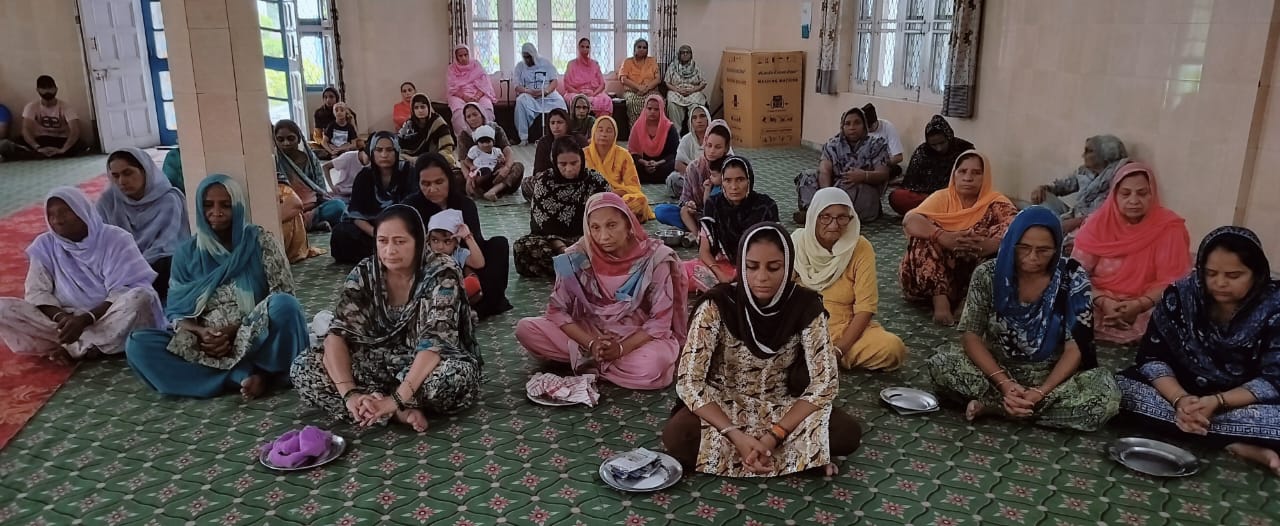
Punjab Will Become the Leading State in the Country in the Field of Education and Health in the Coming Times: Kulwant Singh
SAS Nagar, April 11- Constituency MLA Mr. Kulwant Singh has said that the campaign launched by the Punjab government in the field of health and education in the state is yielding good results and Punjab will become the leading state in the country in the field of education and health in the coming times.
SAS Nagar, April 11- Constituency MLA Mr. Kulwant Singh has said that the campaign launched by the Punjab government in the field of health and education in the state is yielding good results and Punjab will become the leading state in the country in the field of education and health in the coming times.
After inaugurating the newly constructed boundary wall of Government Middle School Village Raipur Kalan and the newly constructed smart classrooms of Government Primary Smart School and the smart classrooms and boundary wall constructed in the Government School of Village Mote Majra, he said that the Chief Minister of Punjab Bhagwant Singh Mann has not only given the green signal to all the ministers, MLAs, and officer lobby, but has also patted them on the back that the campaign launched in the field of health and education in Punjab should be successfully taken forward at all costs.
He said that under the campaign started for the inauguration and foundation stone laying of the works started and completed in various schools in the constituency, he is visiting the schools in different villages. He said that today the happiness and satisfaction found on the faces of the students, teachers, head teachers and prominent people of the village clearly reflects that the Aam Aadmi Party government led by Chief Minister Bhagwant Singh Mann is successfully working on the education revolution in Punjab.
On this occasion SDM Mohali Damandeep Kaur, DEO Primary Darshanajit Singh DEO Secondary Dr. Ginni Duggal, Head Teacher Anjana, Lakhvir Singh Sarpanch, Hargobind Singh, Avatar Singh Mauli, Jathedar Balvir Singh Sarpanch Bairampur, Karamjit Kaur Sarpanch Mote Majra, Gursewak Singh Sarpanch Mauli, Kuldeep Singh Samana, Dr. Kuldeep Singh, Gurpreet Singh Kurda, Balvir Singh, Harvinder Singh Saini, Harmesh Singh Kumbra, Harpal Singh Channa Former Councilor, Harmeet Singh, Harpal Singh Grewal, Ranjit Singh Bhagomajra, Gurnam Singh Mote Majra, Balwinder Singh, Gurwant Singh Billa, Karamjit Gir, Harjinder Singh, Parminder Singh, Bhupinder Singh Mauli, Balwinder Singh, Harnoor Singh, Baljit Singh Happy, Gurpal Singh, Navrinder Singh Dhaliwal were also present.














